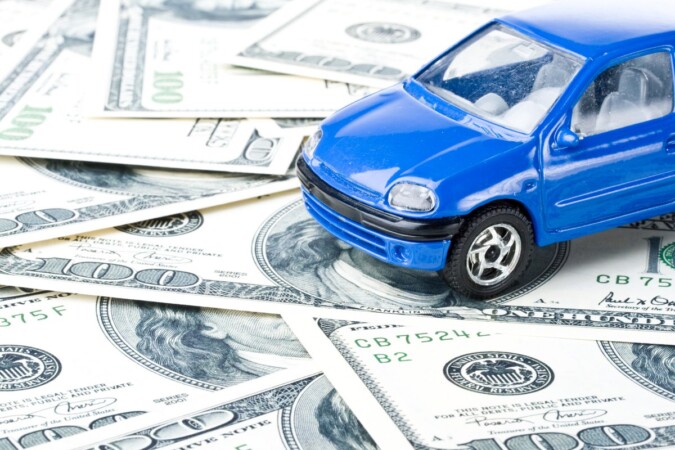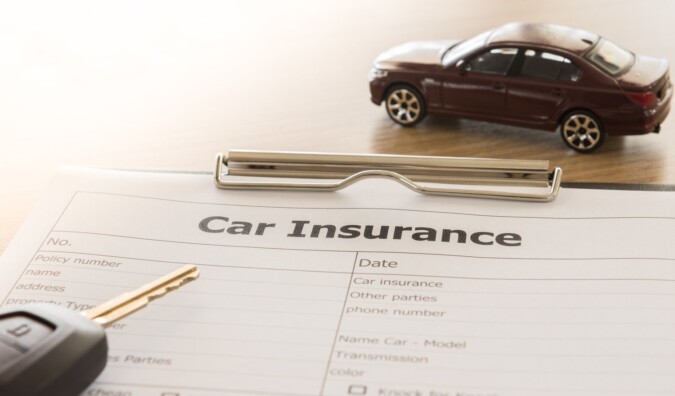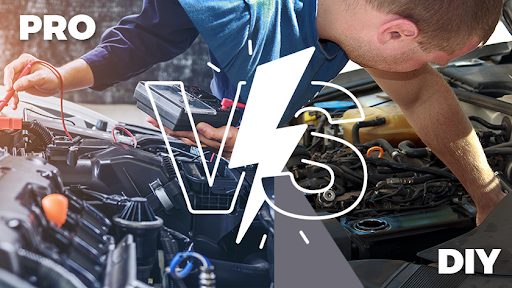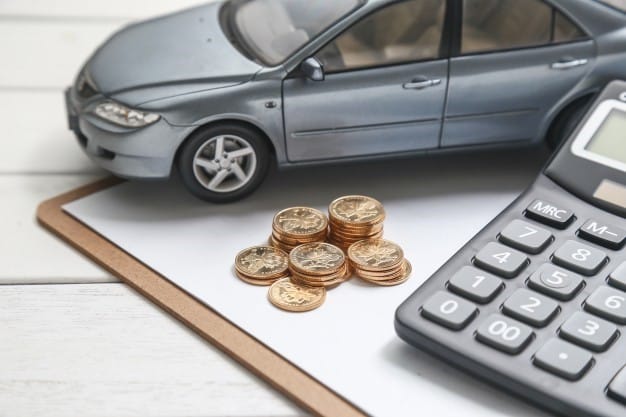Owning your dream ride feels like a milestone, doesn’t it? But most people focus only on the price tag and overlook the mountain of hidden expenses. Let’s dig deeper into the real expenses tied to your dream car so you’re not caught off guard later.
Key Points
- A car’s price tag hides more costs than you think.
- Depreciation drains your wallet over time.
- Regular maintenance is non-negotiable and costly.
- A history check is crucial to avoid scams.
- Fuel and insurance can make or break your budget.
Sticker Price is Just the Start
The initial cost of a vehicle is only the tip of the iceberg. Taxes, registration fees, dealership extras, and extended warranties pile up fast. Dealers love to upsell things like paint protection or “lifetime” oil changes, which sound good but rarely pay off.
Practical Examples:
- A £20,000 car can cost an extra £2,000–£3,000 in fees and add-ons.
- Extended warranties might add £1,000 upfront but often come with exclusions that make them less valuable than they seem.
Pro Tip: Always negotiate add-ons or skip them entirely. Dealers have wiggle room, so don’t be afraid to push back.
Also, remember to always conduct a comprehensive history check, whether you are buying or selling a car, as this will help protect you from scams. Click here to perform the history report for free and with an option to upgrade for only £9.99.
Depreciation Hits Hard
Vehicles lose value faster than most assets. A new car starts depreciating the moment it leaves the dealership. In the first year alone, it can lose up to 20% of its value. Over five years, that figure often reaches 60%.
Key Benefits of Understanding Depreciation:
- You can avoid overpaying for a new car that will lose value quickly.
- Knowing depreciation rates helps you plan your resale timeline.
- You’ll make better decisions between buying new or used.
Pro Tip: Look for models with slower depreciation rates. Brands with good reputations for reliability tend to hold value longer.
Maintenance Costs Add Up

Maintenance isn’t optional—it’s a reality every owner must face. Basic services like oil changes, brake pads, and tire replacements are frequent. Then there are unexpected repairs that can throw your budget out of balance.
Breakdown of Common Expenses:
- Oil changes: Around £50–£100 per visit, required 2–4 times a year.
- Brake pad replacements: £150–£300, depending on your vehicle.
- Tires: £400–£800 for a full set.
Luxury models can amplify these costs. Parts are harder to find and labor charges are higher.
Recommendation: Keep an emergency fund for repairs. Aim for at least £1,000–£2,000 to cover surprise expenses.
Fuel Efficiency: More Than a Buzzword
A gas-guzzler may turn heads, but it’ll also empty your wallet. Fuel efficiency directly impacts your monthly budget, especially if you have a long commute or enjoy frequent road trips.
Key Factors to Consider:
- Average MPG (miles per gallon): Higher MPG saves money over time.
- Hybrid vs. Gas: Hybrids offer long-term savings, though they cost more upfront.
- Driving habits: Aggressive driving wastes fuel and adds wear to your vehicle.
Practical Example:
A car that gets 20 MPG costs about £2,000 annually in fuel for an average driver. A hybrid with 40 MPG cuts that in half.
Pro Tip: Use online calculators to estimate annual fuel costs before buying.
Insurance Isn’t Just a Monthly Bill

It’s influenced by factors like your age, driving record, credit score, and even your postcode. Some vehicles have higher premiums simply because of their repair costs or likelihood of theft.
Recommendations for Lowering Insurance Costs:
- Opt for vehicles with advanced safety features—they often qualify for discounts.
- Compare quotes from at least three providers before making a decision.
- Increase your deductible if you’re comfortable with higher out-of-pocket costs.
Pro Tip: Ask your provider about bundling options for additional savings.
Hidden Gems in a History Check
A history check can be a lifesaver, especially for used vehicles. It reveals details you wouldn’t know otherwise, like whether the car was involved in a major accident, has a salvage title, or carries unpaid finance.
Key Items to Check:
- Insurance write-offs (e.g., total loss categories).
- Outstanding finance agreements.
- Export/import status flagged by the DVLA.
- Salvage auction history, including photos.
Pro Tip: Spending a small amount on a history check upfront can save thousands in repairs or legal trouble later.
Financing: The Silent Budget Killer
Loans make it easier to get your dream vehicle, but they also come with hidden traps. Interest rates, loan terms, and monthly payments can quietly drain your bank account.
Steps for Smarter Financing:
- Save for a substantial down payment—aim for 20% or more.
- Choose a loan term no longer than 48 months to minimize interest.
- Check your credit score in advance for better rates.
Practical Example:
A £25,000 loan at 6% interest over five years costs £4,000 more than the same loan over three years.
DIY or Professional Repairs?

Doing your own repairs can save money, but it’s not always the best option. Simple fixes like replacing wiper blades or headlights are manageable. For anything beyond that, you risk causing more damage if you’re not experienced.
Recommendations for DIY Repairs:
- Keep a basic toolkit in your garage.
- Watch tutorials for specific repairs.
- Only tackle jobs you’re confident handling.
When to Call a Pro:
- Engine issues.
- Electrical problems.
- Brake system repairs.
Pro Tip: Build a relationship with a trusted mechanic. They’ll often give better advice and pricing to loyal customers.
Accessories and Add-Ons
Customizations are fun but costly. Fancy rims, upgraded sound systems, and advanced tech features can double the final cost. Installation fees and potential warranty voids make the expenses worse.
Key Advice for Add-Ons:
- Prioritize essentials like navigation systems or safety features.
- Skip cosmetic upgrades that don’t add real value.
- Research aftermarket options, which are often cheaper than dealership extras.
How to Avoid Buyer’s Remorse
Making an impulse decision on a vehicle can lead to regret. Emotional purchases often overlook practical needs or long-term costs.
Checklist to Avoid Mistakes:
- Set a realistic budget, including maintenance and insurance.
- Research resale value before choosing a model.
- Test drive multiple options to find the best fit.
- Talk to current owners or read reviews.
Pro Tip: Walk away if a deal feels rushed or too good to be true.
Conclusion

Owning your dream ride is achievable with smart planning and a clear understanding of the expenses involved. By accounting for all the hidden costs, you’ll avoid financial stress and truly enjoy the experience. Remember: a little research today saves a lot of trouble tomorrow. Make informed choices and keep your dream alive without breaking the bank.

